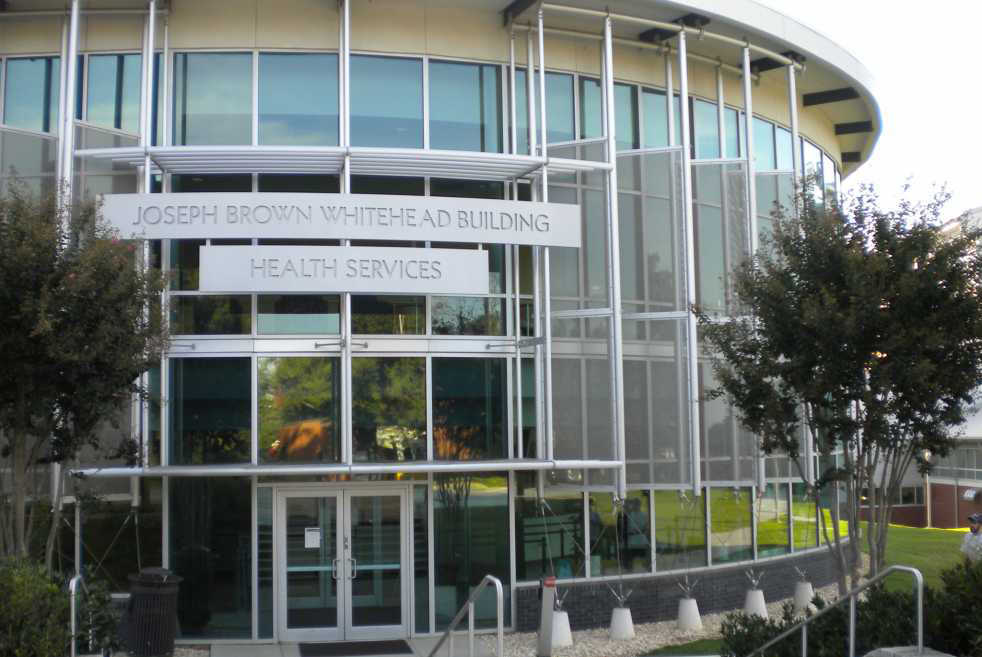Returning to a mostly in-person year on campus, it is easy to forget the pandemic that continues to rage on against the backdrop of student life. As COVID-19 falls out of the public eye, there has been a major shift in the Institute’s handling of the pandemic as past pandemic initiatives (such as asymptomatic testing) have been discontinued, information regarding COVID-19 has been removed and faculty are moving away from the flexibility of last year.
We, at the Technique, encourage the Institute to not only address the pandemic as it is occurring right now, but also look to the future to see how the long-lasting impacts of COVID-19 may continue to define life on campus.
As cases spike with the start of the semester, the lack of available testing is one of the major obstacles to the containment of the pandemic. The decrease in available testing on campus, both symptomatic and asymptomatic, has left students faced with two options: either go through the rigmarole of Tech’s symptomatic testing or pay high prices for scarcely available home-test kits.
Coupled with the government’s discontinuation of free tests, students with COVID-19 are placed in a situation where they must either walk through campus to a central student location while ill, or have to search for expensive tests elsewhere. The difficulty of accessing tests, both fiscally and physically, puts many students in a situation where they may avoid getting tested even if they have been in contact with someone who has tested positive or is experiencing symptoms.
Furthermore, the lack of accommodation that students face after testing positive also acts as a major barrier to encouraging students to test.
With harsher attendance policies, restriction of recorded material and a general lack of accommodations from professors, students are put in an awkward position where if they test positive, they are now faced with an uphill battle to ensure that their illness does not impact their learning. Moreover, many previously provided accommodations such as recorded lectures and virtual streaming options were a minimal effort on the behalf of the professor, but allowed students who weren’t able to attend class — for various reasons — to be able to stay caught up on the material.
As we entered a primarily in-person year, it feels like the Institute simply wants to move on from COVID-19.
With nothing more than a perfunctory email vaguely addressing new Institute regulations, the Institute has entered this new phase of the pandemic carelessly. In light of the Institution’s cessation of resources, the very minimum Tech could provide is a referral to outside sources. As medical facilities in Atlanta are already oversaturated and Wellstar Atlanta Medical Center (one of the major medical providers in the city) closes, students should at least be provided the resources to find help if the Institute is unable to provide it.
Finally, as long COVID-19 becomes more prevalent and as flu season approaches, the issues that students with COVID-19 are facing now will only be exacerbated. In its haste to sweep the pandemic under the rug, the Institute has left students in a position where they have to choose between their health and their academic success.
College is a fundamentally communal time, and with the construction of the new Student Center, the Institute continues to highlight the importance of community but does nothing to mitigate its risks of it. While we understand the limitations of the institution’s abilities, we encourage Tech to at least place a clear and direct line of communication to some support — may it be within the institution or outside.
The fact that student organizations, such as SGA and the Technique, have had to work to connect students to information and resources speaks volumes about the efforts of the Institute.
By forcing students into a position where they have to choose between academic success and the safety of their peers, Tech is weakening the very bonds of the community they work so hard to build.
